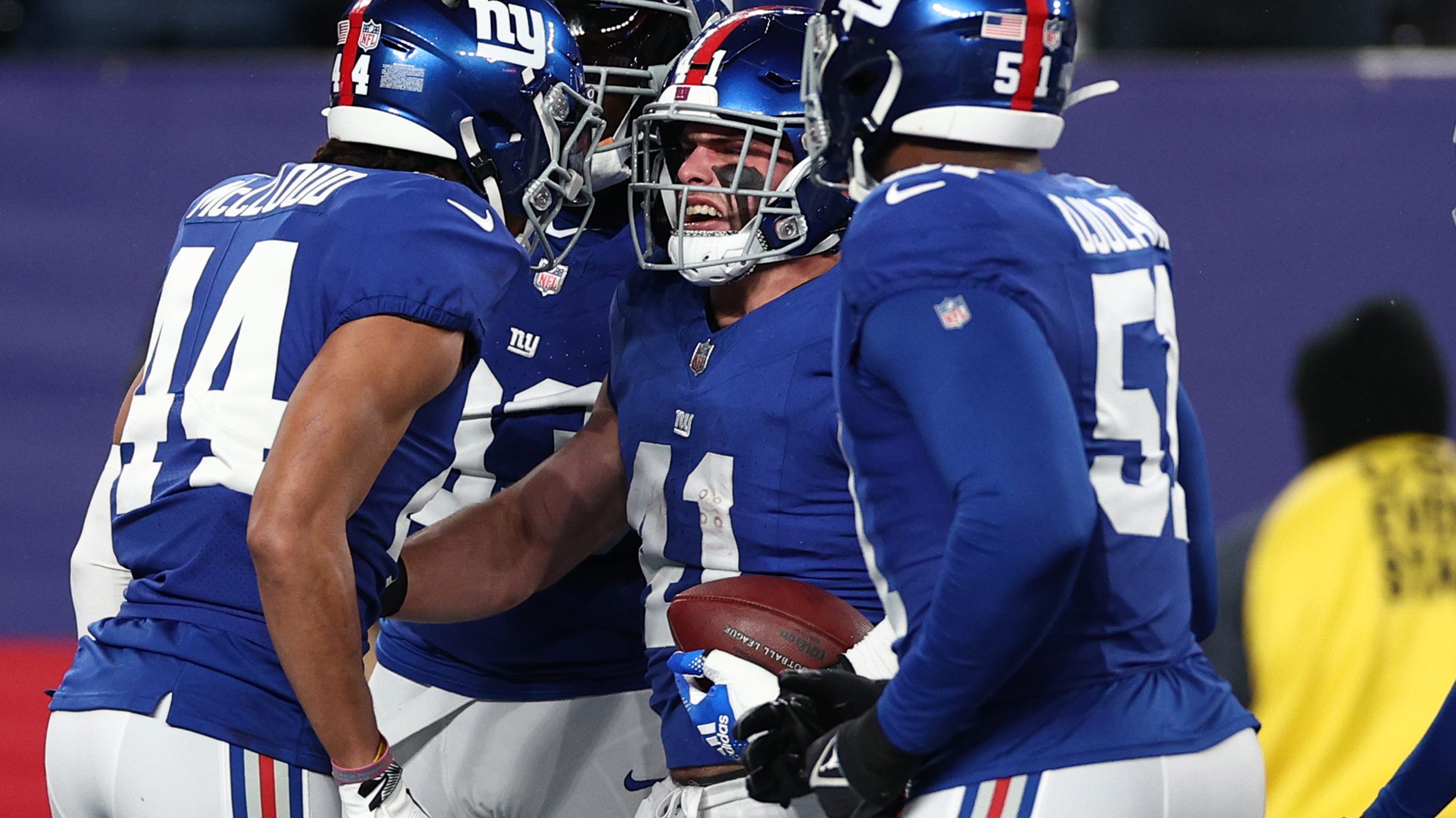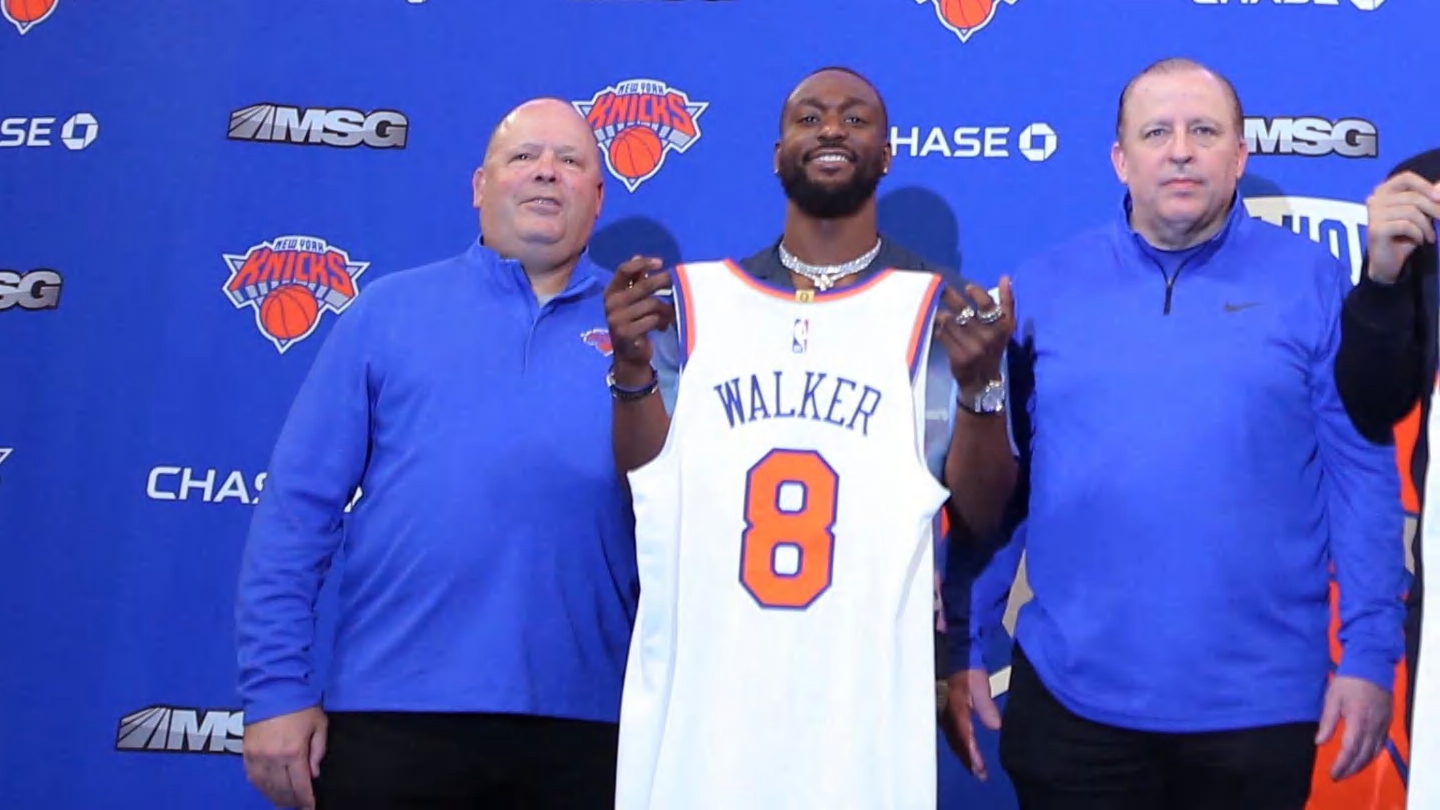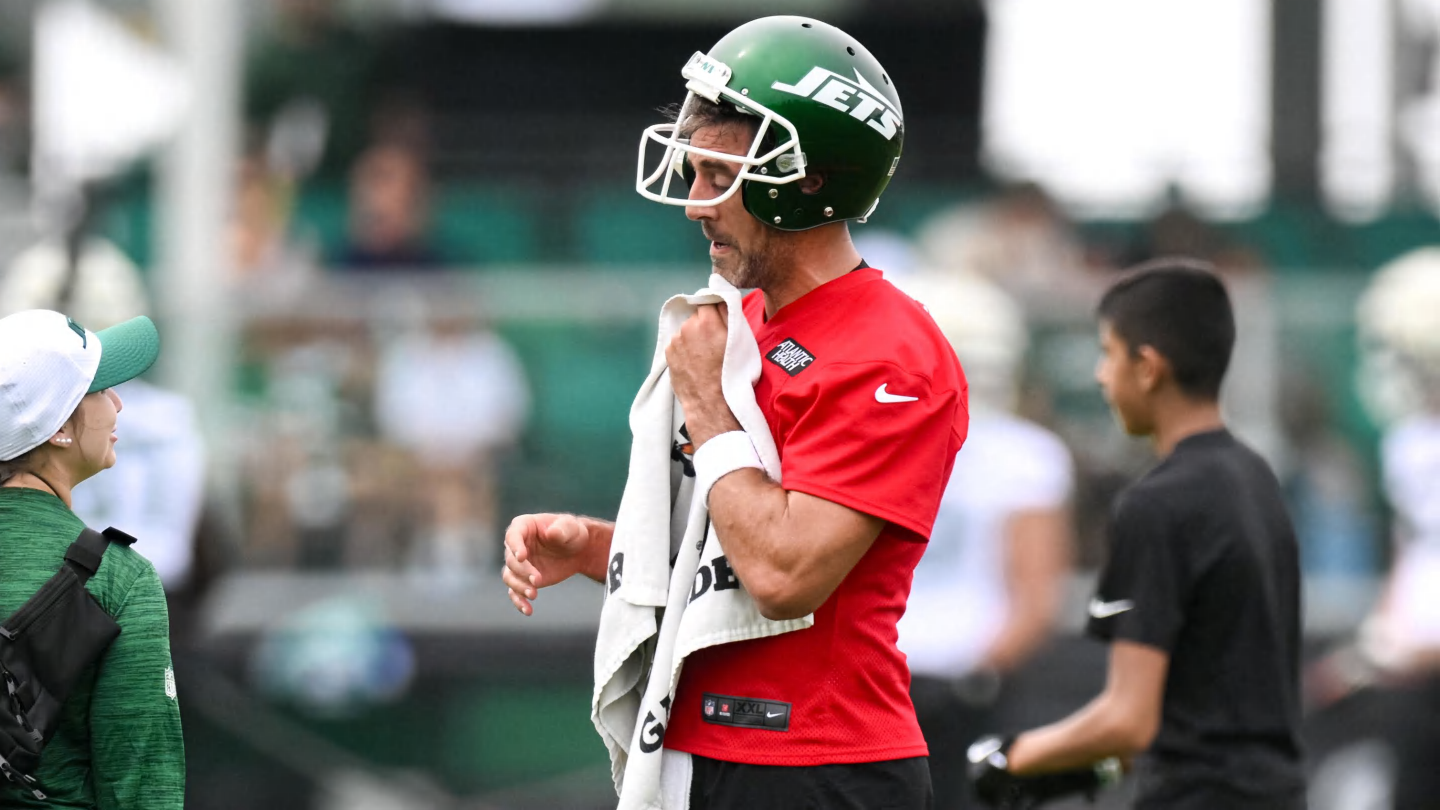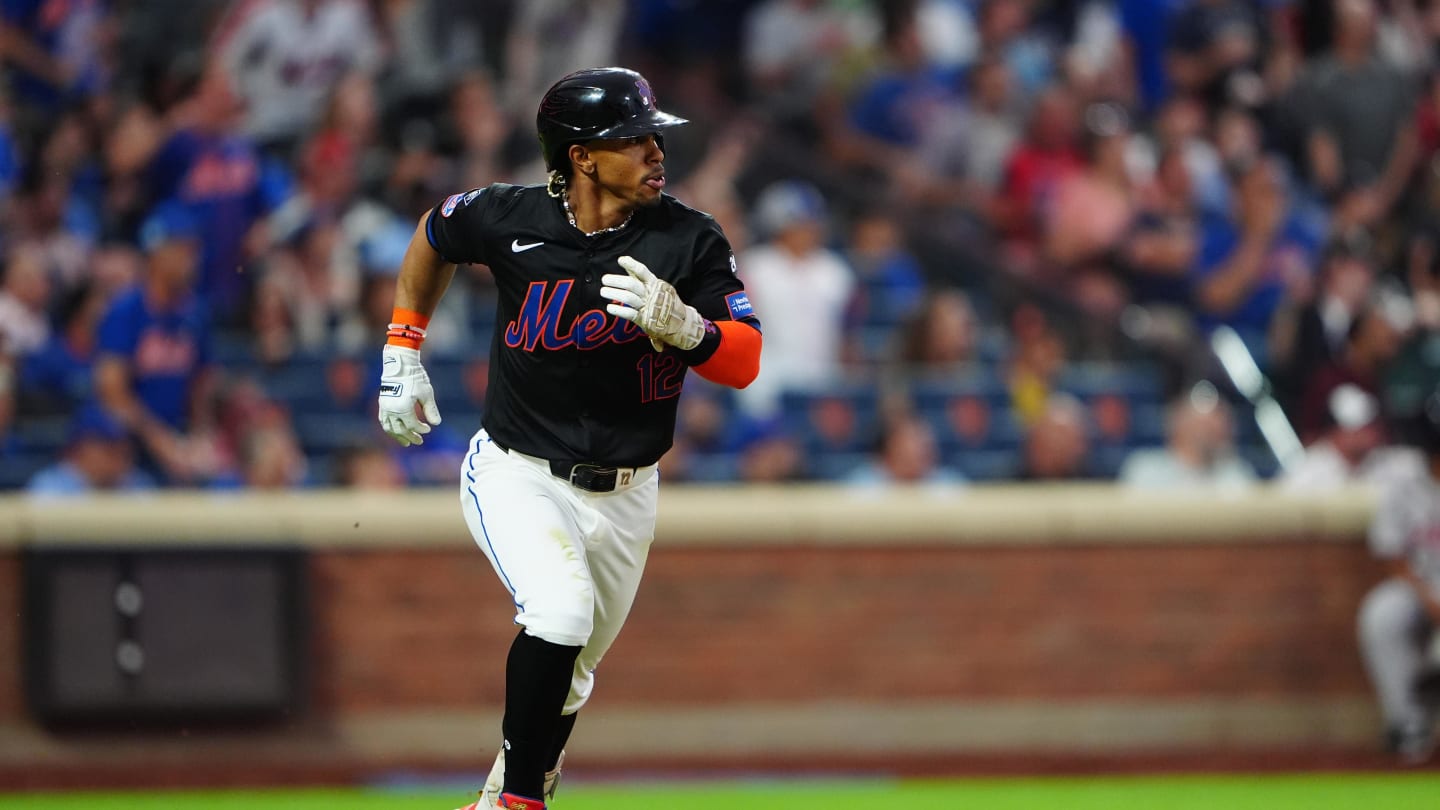Basketball
Cameron Payne was ready when his number was called: ‘Can’t be scared in this game’

Some 25 hours before Game 3 of the Sixers’ playoff series against the Knicks, Sixers backup point guard Cameron Payne repaired to the court in the Wells Fargo Center with a skills coach named Robbie Haught, with whom Payne has been working for about two years.
Had to get some shots up. Had to stay ready.
“Got the misses out,” Haught said.
Not a moment too soon.
Payne, whose only action over the course of the first two games was a two-minute, 34-second cameo in the opener, collected 11 points while playing 15:40 in Thursday’s 125-114 victory, shooting 4-for-7 from the floor (3-for-4 from the arc). He also collected three assists and, shockingly, two blocks.
Joel Embiid was the obvious headliner, with 50 points. Tyrese Maxey was again excellent, with 25. But Payne’s contribution was significant.
“Obviously we’re searching just a little bit for some kind of spark off the bench,” coach Nick Nurse said.
Buddy Hield, who was expected to fill the supersub role this postseason, was 0-for-2 from the floor while appearing in just the first quarter, and has missed six of his seven attempts in the series. De’Anthony Melton was available, but he has played in just five games this calendar year because of a bad back.
So Payne, a self-described “whatever-you-need kind of guy,” was the best alternative.
He is new to the Sixers, having come over in a Feb. 8 trade from Milwaukee. But at age 29 he is hardly new to the league. The Sixers are the sixth team for which he has played over his nine seasons, all of them as a scrambling backup; he has made just 66 starts among his 405 regular-season appearances.
He knows the drill, knows it is very much a bottom-line business. Which explains why he and Haught were at it for two hours Wednesday, beginning at 6:30 p.m. And why he quickly got down to business after Nurse inserted him to start Thursday’s second quarter.
A little over a minute into the period, he shaped up for a left-wing three. Splash.
“I ain’t gonna lie — it felt amazing,” Payne said as he stood in a hallway outside the interview room. “I’m not scared of the moment. Take the shot, make the shot.”
Next time down, Payne had the ball in the exact same spot. His defender, Josh Hart, gave ground, daring him to pull the trigger a second time.
“And I was like, ‘Money. Appreciate it. Thank you. Lemme get another one up,’” Payne said.
He had another bucket later in the quarter, and another triple in the third quarter, when the Sixers outscored the Knicks 43-27 to take command. All of which is proof that Nurse pushed the right button, and that Payne has taken the right approach.
Nurse noted that the veteran guard, a live-wired type, was “very into it,” even as he rode the bench. There was no sulking, no Cam Payne campaign for playing time. Rather, he was “very focused on the game plan, like a pro,” the coach said, “and he went out there and played like he was ready.”
Which is just Payne’s MO at this point. For his career, he has averaged just under 20 minutes a game.
That’s a lot of down time.
“All the young people out there, it’s definitely hard,” he said. “But that’s just how the NBA is. You’ve got to stay ready. The opportunity can come at any point in time.”
There was some expectation that it would come in Game 2, since Maxey was ill. But Payne never saw the court. No matter — he did what he usually does. He took care of his body, made sure his shot was in order. He studied the tendencies not only of the Knicks, but of the referees. And he remained upbeat.
“Energy,” he said, “costs nothing.”
So he creates it, channels it, shares it. With his teammates, especially those on the floor. With the home crowd. With everybody.
“I love having fun out there and I feel like once the crowd gets going and once we just get into it, man, it’s an even better team out there,” he said. “Because … we’re humans. We feed off energy, we feed off confidence. So gotta make sure we keep bringing it.”
He admits that his approach to irregular playing time has evolved over the course of his career, and was most notably honed during his four seasons in Phoenix (2019-23), three of which were spent backing up future Hall of Famer Chris Paul.
“With him you never knew if he was gonna be in or out,” Payne said, a reference to Paul’s checkered injury history, “so I had to make sure I was ready regardless.”
The Suns made a Finals appearance in 2022, a season in which Payne’s three-point accuracy sank from a career-high 44 percent the year before to under 34 percent. He has improved since then. This season he made 39 percent, and he is a tick under 37 for his career.
“I definitely worked on my shot a lot this past year and the year before that,” he said. “Probably ever since The Bubble (i.e., 2020) I’ve been shooting pretty well but I’ve honed in to try and make it a better shot. I worked with numerous people and they kind of figured out something that I never let go.”
And what might that be?
“Reps, man,” said Haught, who is based in Cleveland and came to know Payne after working with his former Suns teammate, Devin Booker.
“Yeah, you’d probably say reps,” Payne said. “We definitely took the workout from here to there — like we definitely shot way more, made way more shots. That’s it, really.”
Hey, whatever it takes. And in a larger sense, that applies to Sunday’s Game 4, too.
“We’re not fearing nobody,” Payne said. “We’re not ducking no smoke. I’ve got to come back here and play. So just make sure my game’s tight. That’s really it. Can’t be scared in this game. Gotta bring that.”
Again, it’s a bottom-line business. Gotta shoot your shot, every chance you get. And Cameron Payne clearly understands that as well as anyone.









